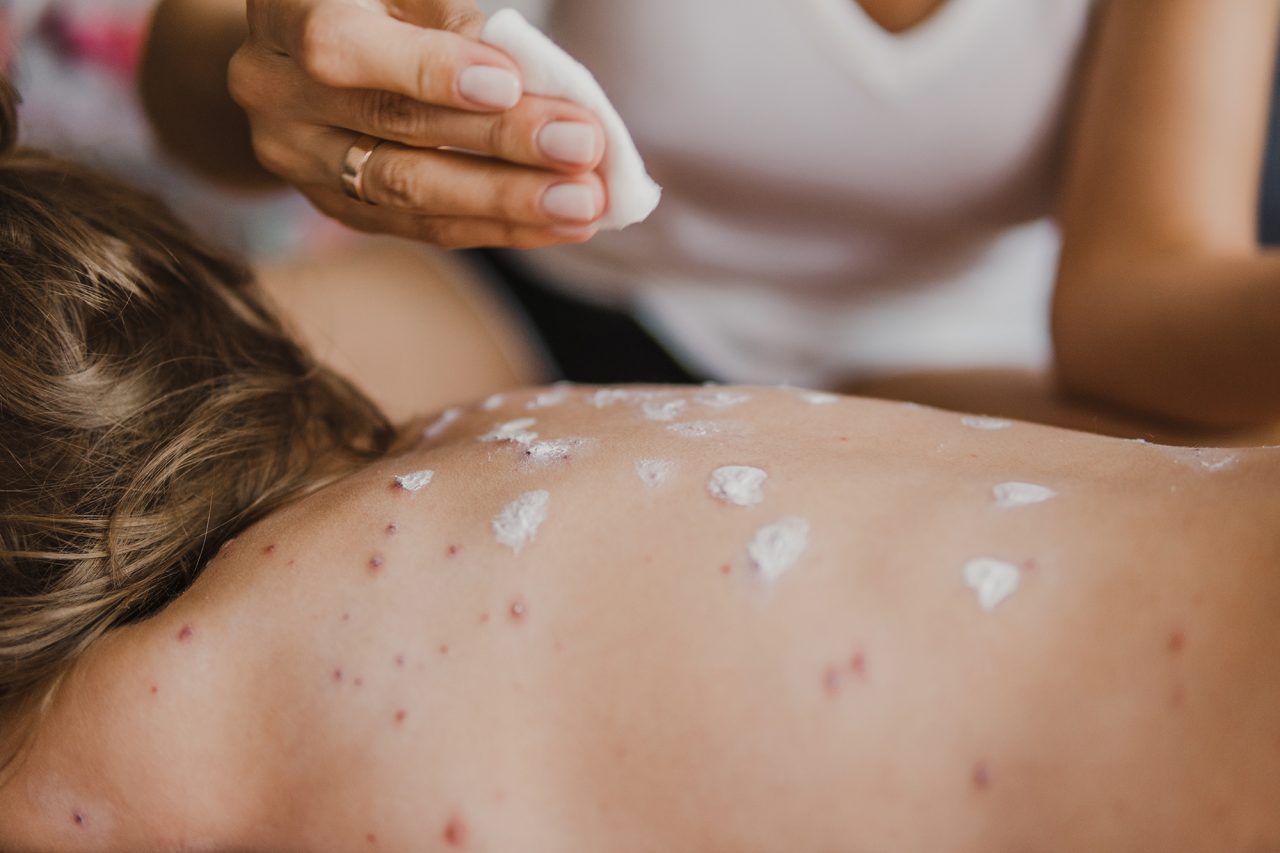Chicken pox parties were popular in the pre-vaccine era as a way to make sure your child was infected with chickenpox at a young age when the infection would more likely be mild and not lead to serious complications. However, now it is recommended by the Centers for Disease Control and Prevention that all children receive the vaccine to prevent chickenpox at 12-15 months with a booster at age 4.
It is never a good idea to send your child to a chickenpox party and you should not refuse the vaccine for your child just because of your experience with the chicken pox as a child. There is no way to know if your child will end up with a serious complication leading to hospitalization or death.In the early 1990s more than 10,000 people were hospitalized and 100-150 people died annually from complications of chickenpox. Most people will have a couple days of fever and tiredness followed by a rash with itchy fluid filled blisters that turn to scabs after about 7 days. Even people with milder illness will miss about 7 days of work, school or childcare. Infants, adolescents, adults, pregnant women and people with weakened immune systems are all at higher risk of complications from chickenpox. Any healthy child can have complications – the most common complications being bacterial skin infections and pneumonia, but can also include inflammation of the brain, bleeding problems and bloodstream infections.
Since the introduction of the vaccine in 1995, there has been a greater than 90 percent decrease in infections, hospitalizations and deaths as a result of chicken-pox. The vaccine is safe, effective and most children have no side effects. If side effects occur, they are generally mild and can include a fever, soreness at vaccine site, mild rash or temporary pain and joint stiffness.
It is important to protect your child and your community – so skip the party, and make sure your child is vaccinated on time.



